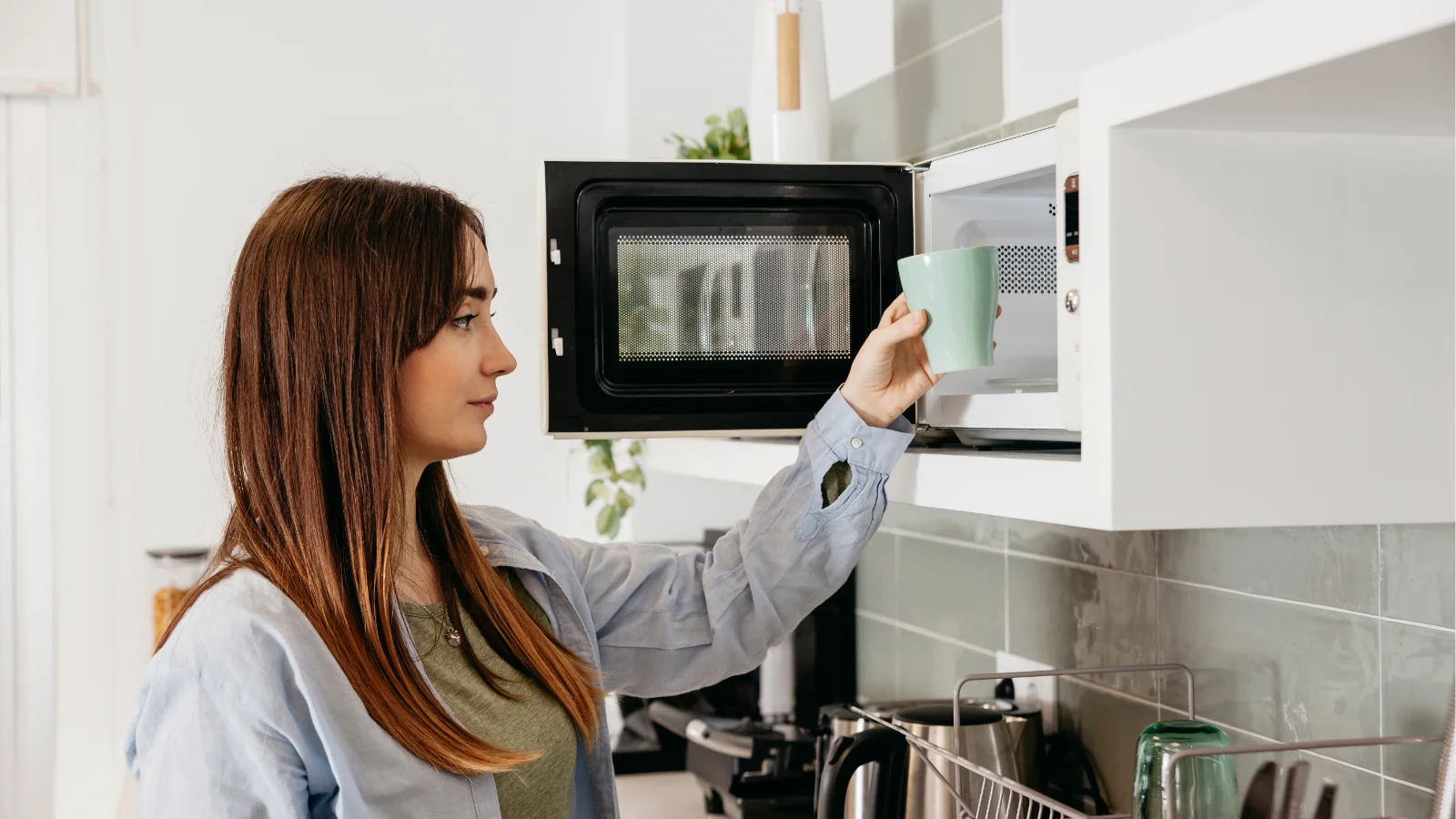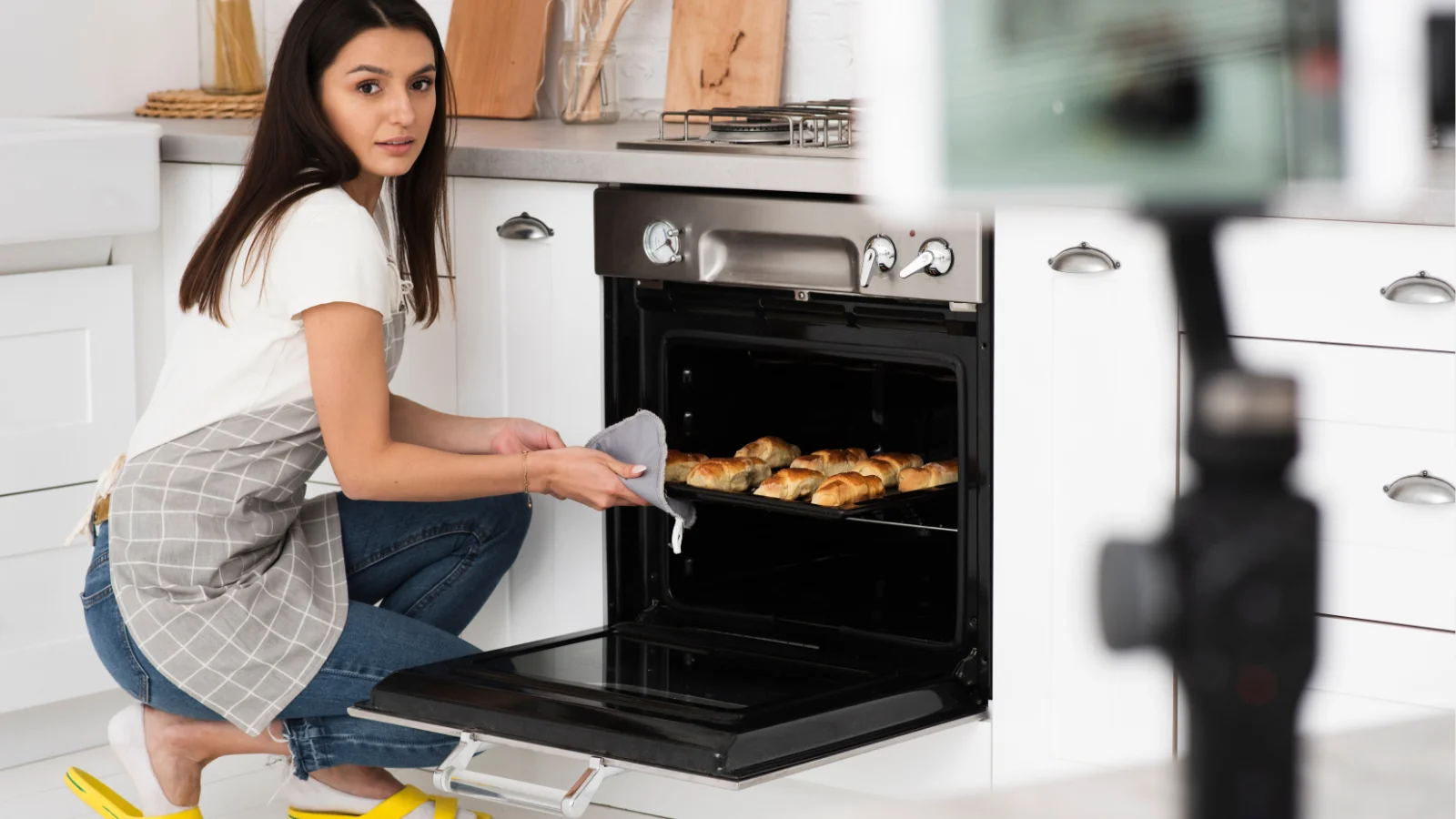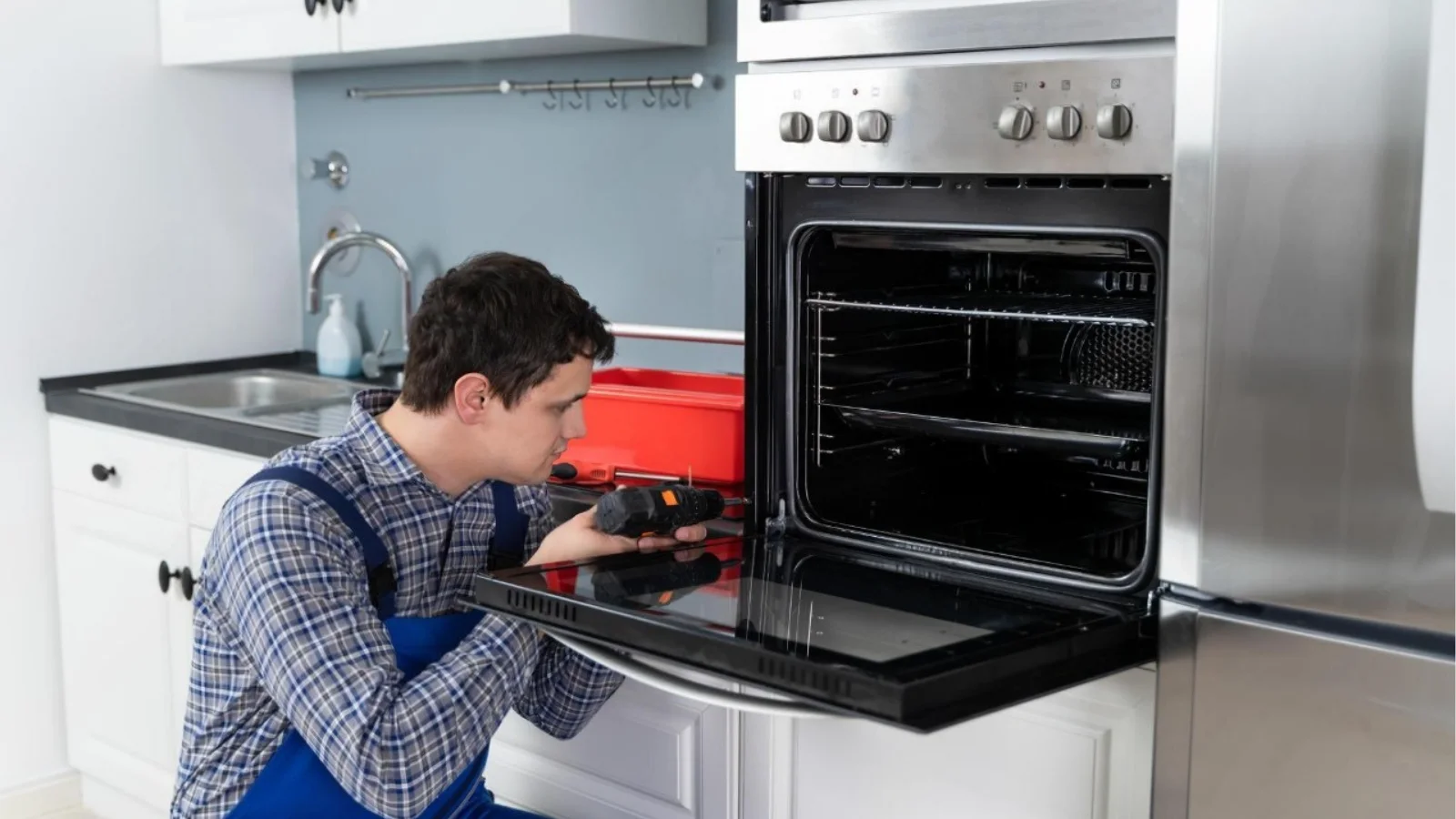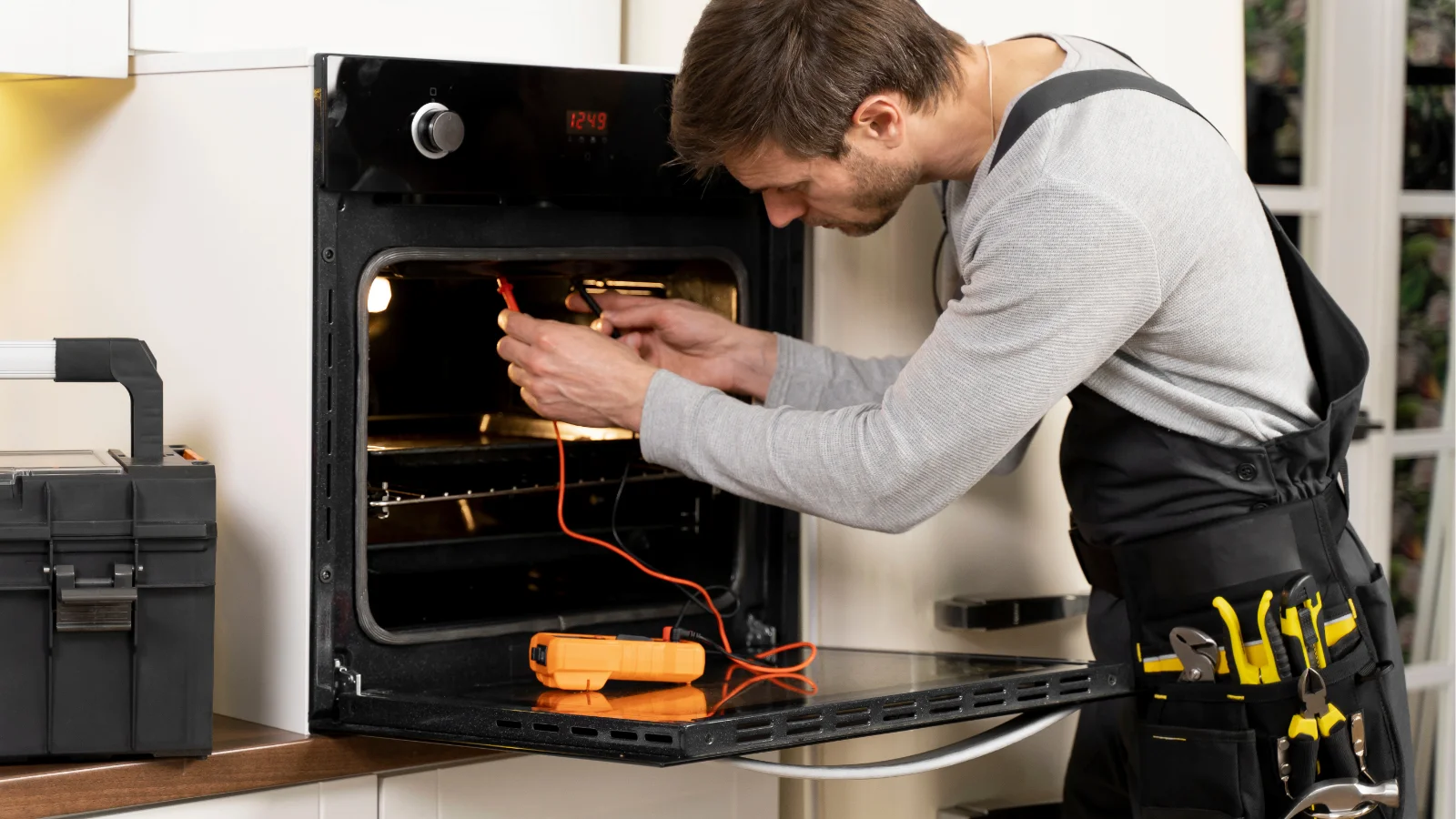A microwave oven is one of the most used kitchen appliances in Florida homes. It reheats food in seconds, makes meal prep faster, and is a true convenience. But when the microwave runs yet doesn’t heat food, it quickly becomes frustrating. This is one of the most common issues homeowners face, and it can happen to any brand or model.
If your microwave oven isn’t heating, don’t panic. The problem often comes down to a handful of common causes, and some are simple to check at home. Others, however, require a trained technician for safe repair.
In this guide, you’ll learn step by step how to repair microwave oven that is not heating — and discover when it’s best to call a professional repair service in Florida for safe, reliable help.

Why Your Microwave Stops Heating
When a microwave turns on but doesn’t heat, several parts may be responsible. Here are the most common reasons:
1. Faulty Magnetron
The magnetron is the heart of the microwave. It generates the microwave energy that heats your food. If the magnetron fails, the microwave may still power on and the turntable may rotate, but no heat will be produced. A burnt-out magnetron usually requires replacement by a technician.
2. Defective Capacitor
The high-voltage capacitor works with the diode to power the magnetron. If it fails, the microwave cannot generate heat. Testing a capacitor requires special tools and safety knowledge, so it is not safe as a DIY fix.
3. Failed Diode
A defective diode can prevent the magnetron from receiving the proper voltage. This is another part that needs testing with care, as it carries dangerous current even after the microwave is unplugged.
4. Door Switch Problems
Microwaves have multiple door switches that ensure the door is shut before operating. If a switch is broken or misaligned, the microwave may not heat even if everything else is working.
5. Blown Fuse
Microwaves contain several fuses that protect against power surges. A blown fuse will stop the microwave from working properly.
6. Control Board Issues
If the main control board fails, the heating cycle may not start. This is less common but still possible.

Step-by-Step Guide to Fix a Microwave That’s Not Heating
Before starting any work on how to repair microwave oven not heating, remember: microwaves store high voltage even after being unplugged. If you’re not confident, stop after basic checks and call a professional repair service.
Step 1: Unplug and Check Basics
Start simple. Ensure the microwave is securely plugged in. Test the outlet by plugging in another appliance. If the outlet doesn’t work, reset the breaker.
Step 2: Inspect the Door Latch
Check if the door closes firmly. A misaligned latch or broken switch will prevent heating. Open and close the door firmly to see if the microwave reacts.
Step 3: Check for Blown Fuse
Some microwaves have a fuse accessible from the back. If it looks blackened or broken, it may need replacement. Only replace with the exact type listed in the manual.
Step 4: Test the Outlet
Low or unstable voltage can stop the microwave from heating. Use a voltage tester to confirm proper supply.
Step 5: Examine Common Failure Parts
If basics don’t solve the issue, the problem may be with the diode, capacitor, or magnetron. These parts are high-risk and should not be tested by untrained hands.
Step 6: Decide Repair vs Replace
If your microwave is under five years old, repair may be cost-effective. For older units, replacing them with a new one may save money long-term.
Common DIY Fixes vs. Professional Repair
| Situation | Safe DIY Action | When to Call a Technician |
| Microwave not plugged in / outlet issue | Check the outlet and circuit breaker | If the outlet works, but the microwave still won’t power on |
| Door switch problem | Inspect if the door closes properly | If the switch needs replacement |
| Blown fuse | Replace with correct type (only if comfortable) | If fuses blow repeatedly |
| Diode or capacitor issue | Not safe for DIY | Always — high voltage risk |
| Magnetron failure | Not safe for DIY | Always requires a professional |
| Control board malfunction | Not recommended | Needs expert testing & parts |
Safety Warnings You Should Never Ignore
Microwaves are not like other kitchen appliances. They store dangerous voltage that can cause serious injury. Here are a few safety reminders:
- Never touch the capacitor – it can hold a deadly charge even after unplugging.
- Do not bypass door switches – this prevents dangerous radiation leaks.
- Avoid experimenting with the magnetron – it contains hazardous materials and requires careful handling.
Preventing Microwave Heating Problems
Knowing how to repair microwave oven not heating is important, but prevention is even better. You can reduce the chances of failure by practicing good maintenance habits.
- Keep it clean: Food splatters and grease can damage parts. Wipe down the inside regularly.
- Use microwave-safe containers: Metal and unsafe plastics can cause sparks or damage.
- Avoid overloading: Too much food or oversized containers can strain the appliance.
- Check ventilation: Ensure vents are not blocked, especially in built-in models.

Professional Microwave Repair Services
If your microwave oven is not heating and you live in Florida, Appliance Doctor Pro can help. Our technicians handle all common microwave issues, from faulty door switches to magnetron replacement. We work with leading brands and provide same-day service in Tampa, Orlando, Jacksonville, and surrounding areas.
Calling a professional saves time, keeps you safe, and ensures the repair is done correctly the first time. Instead of risking injury with high-voltage parts, let our experienced team restore your microwave to full working order.
Conclusion
Microwaves that run but don’t heat are frustrating, but the cause is often clear. Simple issues like door latches or fuses may be solved at home, but more complex parts require professional repair. Attempting high-voltage repairs without training is dangerous.
If you live in Florida and your microwave oven is not heating, don’t risk your safety. Contact Appliance Doctor Pro for expert microwave repair service in Tampa, Orlando, Jacksonville, and nearby cities. Our technicians diagnose quickly, fix effectively, and help extend the life of your appliance.
Now that you understand how to repair microwave oven not heating, you also know when to call for professional help instead of trying risky fixes.
FAQs About Microwaves Not Heating
Why does my microwave turn on but not heat food?
If your microwave runs but doesn’t heat, the problem may be a faulty magnetron, diode, or capacitor. These parts create the heat. When they fail, the appliance can’t warm food properly.
Can I fix a magnetron myself?
No, repairing a magnetron is unsafe. It stores high voltage and can cause serious injury. Always let a trained technician handle magnetron replacement to ensure safe and proper repair.
Is it worth repairing an old microwave?
Repair is worth it if your microwave is under seven years old and in good condition. If the unit is older and often breaks down, replacement is usually the better choice.
How do I know if the fuse is blown?
A blown fuse often looks blackened or broken inside the glass tube. You can replace it with the correct type, but if it blows again, a technician should check for deeper issues.
How long should a microwave last?
With regular care, most microwaves last seven to ten years. Cleaning the interior, avoiding overloads, and using safe containers help extend the appliance’s lifespan and prevent heating problems.


